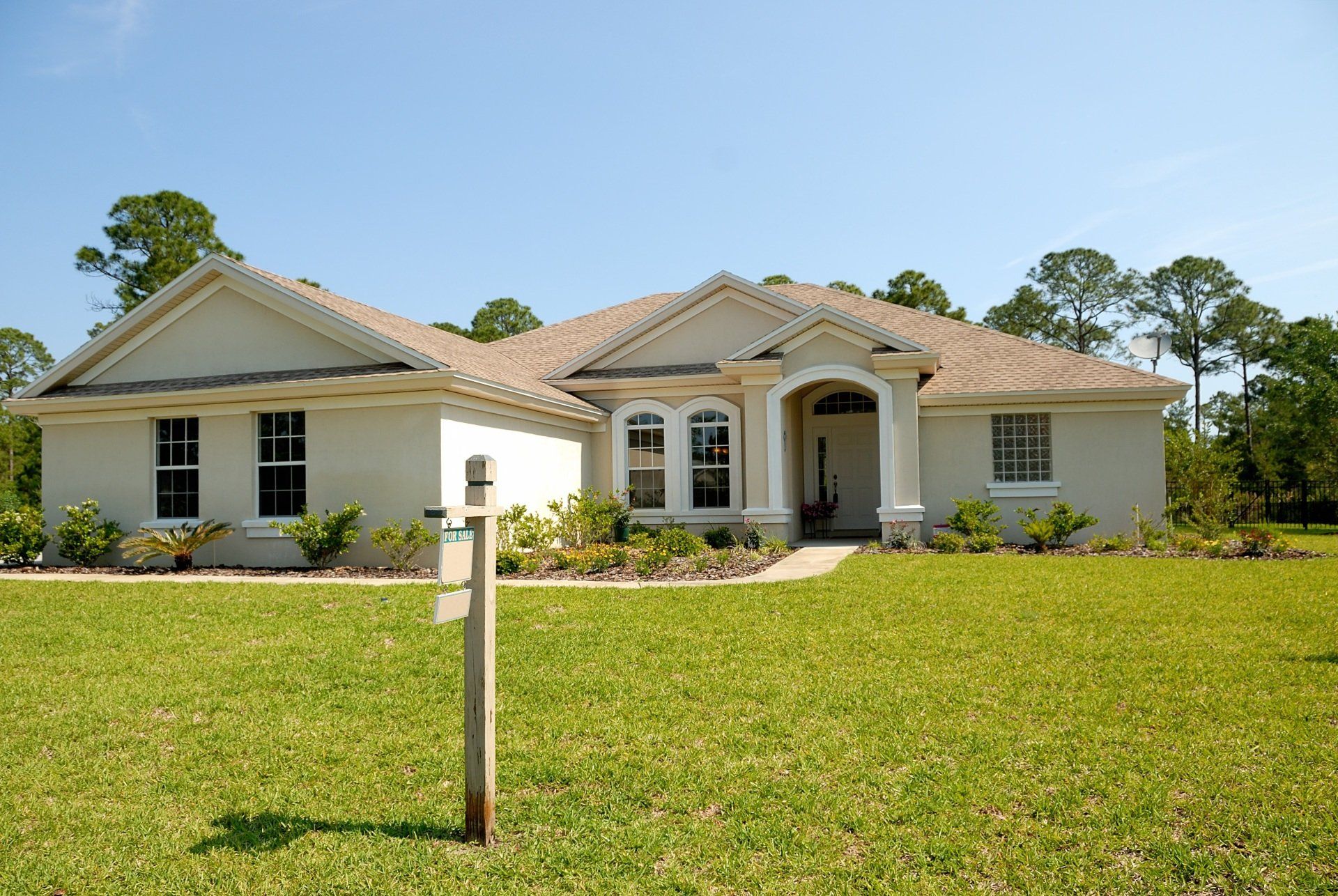Capital Gains for Seniors
Understanding Capital Gains on Home Sales for Seniors
Capital gains taxes are levied on profits from the sale of an asset. Profit or loss, in the case of home sales, is the difference between what you bought the home for and the sale price. Capital gains taxes can be a pain point for seniors who are at or nearing retirement age and are looking for ways to keep as much of their hard-earned savings and assets as possible.
The capital gains tax rate to which a home seller is subjected is based on their tax bracket and how long they’ve owned the home. There’s a lower capital gains rate for assets the seller has owned for more than a year, so seniors who are selling a home they’ve owned for years or decades will pay the lower of the two rates for their bracket.
More importantly, many seniors who are selling their primary residence will qualify for the Section 121 exclusion. The exclusion allows applicable home sellers to subtract up to $250,000 per individual filer or $500,000 for couples filing jointly from their taxable income after selling their home. Seniors would still owe capital gains on profits in excess of those amounts.
To qualify, seniors must have:
- Owned the property for at least two years of the five years prior to the sale
- Used the home as a primary residence for at least 730 days (two years) in the five years immediately prior to closing the sale
The two out of five-year rule adds some wiggle room to the eligibility requirement. For example, you don’t need to be actively living in the home at the time of the sale to qualify. As long as you lived in the home for 730 days within the past five years, you can likely qualify for the exclusion.
Exceptions for Qualifications in Special Circumstances
In addition to the general rules, certain special provisions apply to seniors in particular contexts. For example, if a senior must move to a nursing home, the two-year live-in requirement can sometimes be relaxed, allowing them to qualify for a prorated exclusion of the capital gains tax. Understanding these nuances is vital to optimizing financial planning related to property sales.
If you have a complex situation where you’re not sure if you (or a senior parent) will qualify for the Section 121 exclusion, it’s likely in your best interest to consult with an experienced tax filer.
Other Important Factors that May Further Reduce Capital Gains for Seniors
There are other variables that may impact capital gains on the sale of property, including those related to home improvements. Keeping meticulous records of improvements and significant repairs made on the property throughout ownership can prove beneficial. These costs may increase the basis of the property, which is subtracted from the sale price to determine the capital gains, potentially reducing the taxable amount.
Seniors with the funds to do so might also consider selling a home and gifting the proceeds to their heirs or allowing the heirs to inherit the property directly. The rules regarding capital gains can be substantially different in these scenarios.
Typically, heirs benefit from a “step-up” in basis, meaning the home’s basis is recalculated at the fair market value at the time of inheritance, which may reduce the capital gains tax if they decide to sell the property.
It’s also important for seniors to understand how selling their home may influence their qualification for certain benefits, like Medicare. Even if the proceeds of a sale are largely excluded from taxable income, it could still impact Medicare premiums, as these can be influenced by modified adjusted gross income, which includes tax-exempt income.
Leveraging 1031 Exchanges
Seniors who want to sell a home that doesn’t qualify as a primary residence under the Section 121 exclusion might still be able to avoid capital gains via a 1031 exchange. This tool is not merely reserved for seasoned real estate moguls but is accessible to anyone selling an investment property, including seniors adjusting their asset portfolio.
By identifying a like-kind property to purchase after the sale of the initial property, the capital gains tax can be deferred, preserving the overall profitability of the transaction and enabling a smooth transition of investment from one property to the next.
For seniors who rely on real estate for supplemental income in retirement, this can be a strategic component in ensuring the equity built up over years in an investment property continues to work for them, either through steady rental income or through appreciation in a rising property market.
The ability to defer capital gains tax enables the maximization of available capital for reinvestment. Purchasing a new property that requires less maintenance, has a better rental yield or is situated in an appreciating market can bolster a senior’s passive income stream.
Don’t Let Capital Gains Discourage You from Taking Advantage of the Real Estate Market
While capital gains is no joke for seniors, there are a couple highly effective ways to minimize its impact or even exclude all or large portions of your capital gains tax bill. You should consult with an accountant experienced with these matters to learn more about your options.
If you’re interested in selling a property quickly for as much money as possible, 72SOLD is the company to call. Our proprietary system is designed to help clients sell their home for a great price. No yard signs in your lawn for weeks or months at a time, no endless weekends of open houses and minimal hassles.








